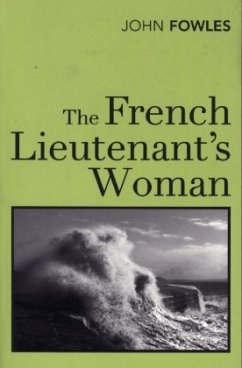
The Soul of a Bishop
Versandkostenfrei!
Versandfertig in 1-2 Wochen
23,99 €
inkl. MwSt.
Weitere Ausgaben:

PAYBACK Punkte
12 °P sammeln!
"What is really the matter here-the matter with you that is-is a disorganization of your tests of reality..... [E]very living being lives in a state not differing essentially from a state of hallucination concerning the things about it. Truth, essential truth, is hidden. Always. Of course, there must be a measure of truth in our working illusions, a working measure of truth, or the creature would smash itself up and end itself, but beyond that discretion of the first and the pitfall lies a wide margin of error about which we may be deceived for years." -from "The First Vision" He is known, alo...
"What is really the matter here-the matter with you that is-is a disorganization of your tests of reality..... [E]very living being lives in a state not differing essentially from a state of hallucination concerning the things about it. Truth, essential truth, is hidden. Always. Of course, there must be a measure of truth in our working illusions, a working measure of truth, or the creature would smash itself up and end itself, but beyond that discretion of the first and the pitfall lies a wide margin of error about which we may be deceived for years." -from "The First Vision" He is known, along with Jules Verne, as one of the 19th-century fathers of logical, rational science fiction, but in this 1917 novel, H. G. Wells weaves a more intuitive tale, about a bishop haunted by strange dreams and visions that challenge his faith. Lyrical, poetic, and verging on stream-of-consciousness in places, this little-read work of one of the most enduringly popular writers of modern literature is like found treasure, offering a captivating and unexpected insight into Wells' psyche. British author HERBERT GEORGE WELLS (1866-1946) is best known for his groundbreaking science fiction novels The Time Machine (1895), The Invisible Man (1897), and The War of the Worlds (1898).













